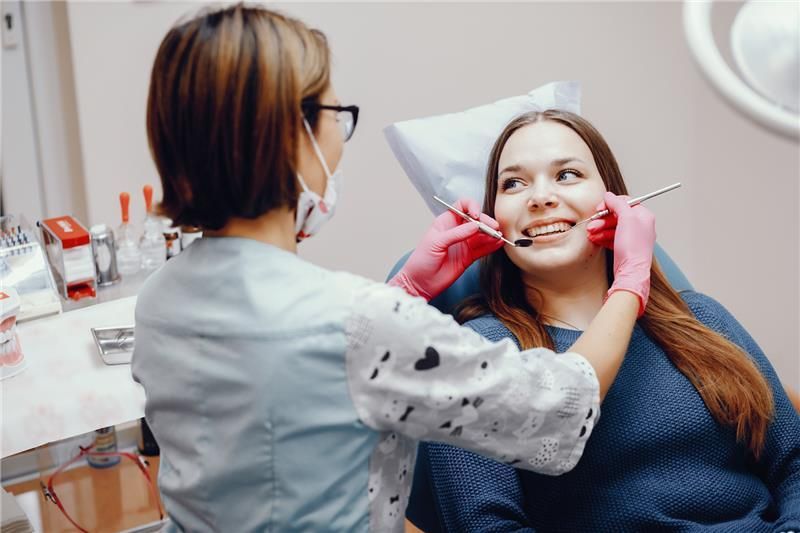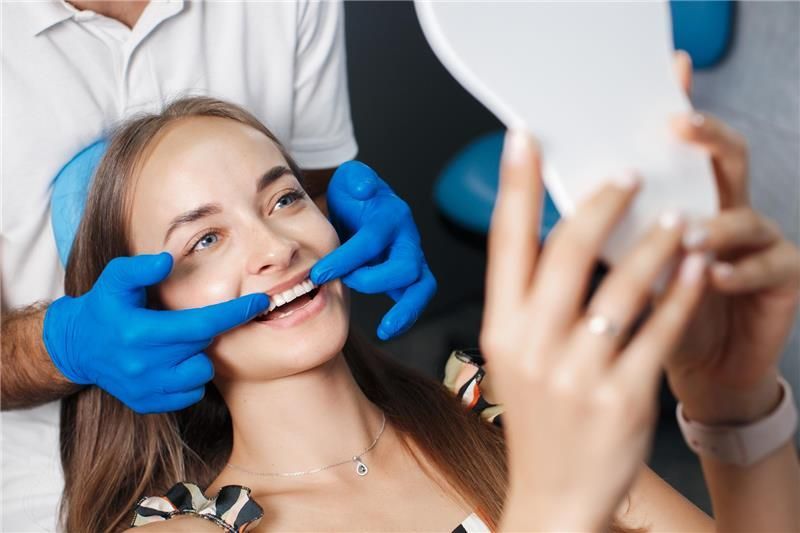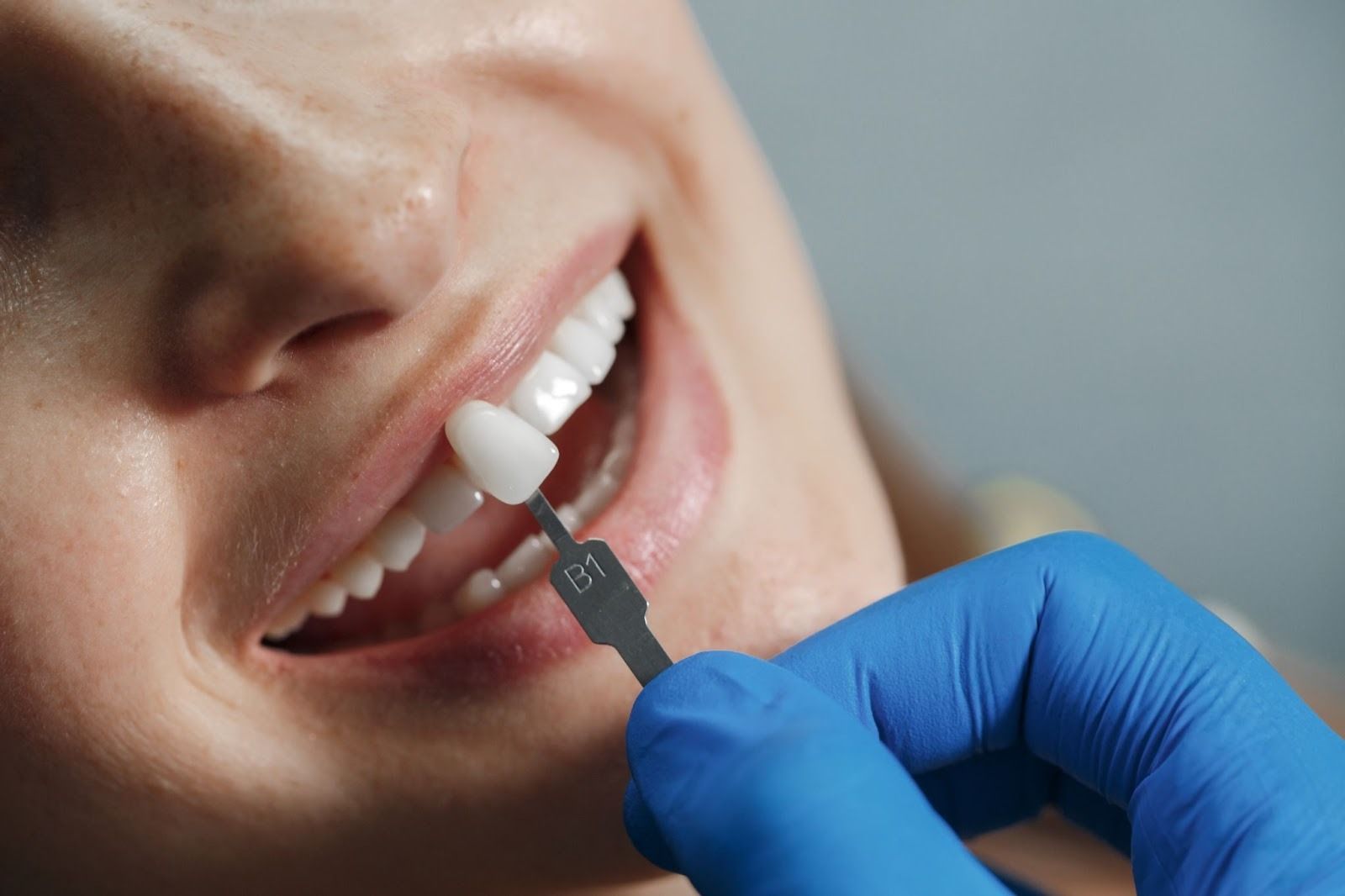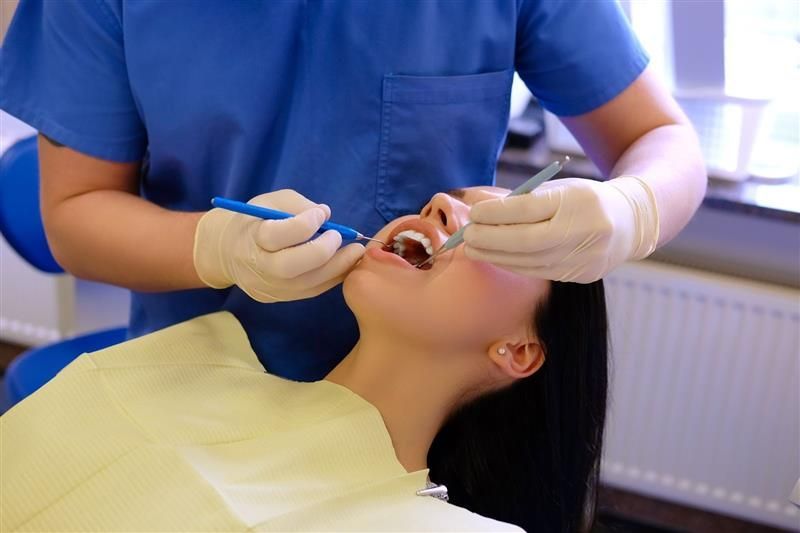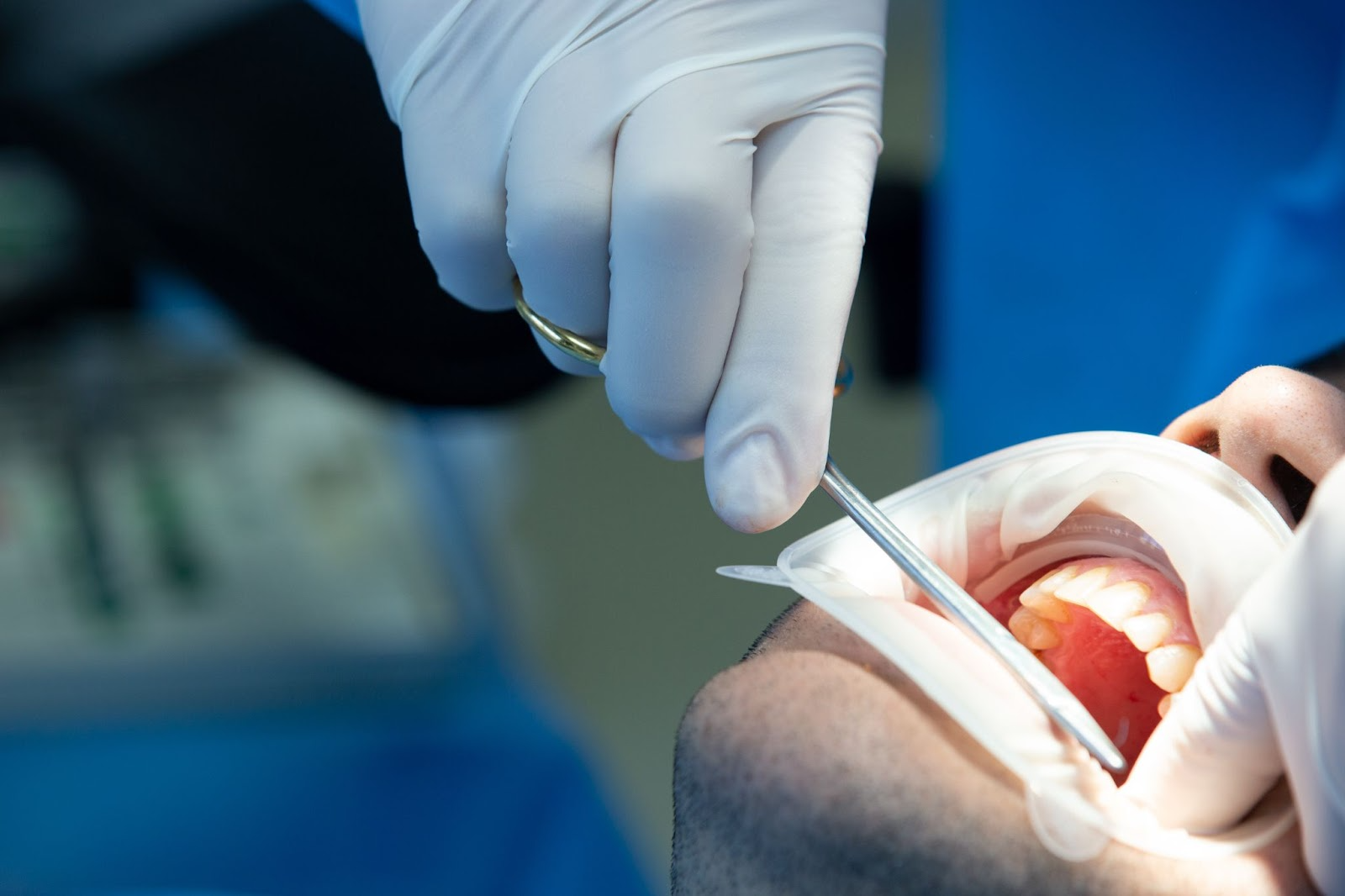How to Look After Your Dental Implants?
You will be surprised to know that nearly 40 million U.S. citizens are missing all of their teeth.
Missing or broken teeth can embarrass you while affecting your overall personality.
However, with the advent of new dental treatments, it is far easier than ever to replace single or multiple teeth and restore your smile.
Of all, the dental implant is one of the most popular and economical tooth replacement procedures.

To make sure your beautiful smile and teeth last longer, follow a few pro tips and reap the benefits of dental implants.
1. Maintain oral routine
A healthy oral routine ensures your dental implants survive for many years.
Some of the dental tips are:
- Brush your teeth and implant twice a day for at least two minutes
- Floss your teeth after having each meal
- Use a waterpik to clean your mouth
- Visit your dentist regularly
Practicing oral routine boosts the longevity of your implants.
2. Avoid using abrasive products
Using an abrasive toothpaste or mouthwash can cause you extreme discomfort, wear your enamel, and can impact your dental implants.
So, it is better to use sensitive dental products that keep your teeth safe and healthy.
Moreover, avoid using products having intense flavors like mint.
3. Avoid smoking & drinking
It can take anywhere between 4 to 6 months for dental implants to adjust, so smoking and drinking alcohol during this time period can prove to be disastrous.

Cutting back on smoking and drinking promotes both dental and physical health.
4. Avoid eating sticky food items
Eating right and healthy is important to protect your implants from regular wear and tear.
Some of the food items to avoid after getting implants are:
- Ice cubes
- Chocolates
- Hard candies
- Potato chips
- Carrots
- Apples
- Meat
Eating hard or sticky foods can cause permanent damage to your dental implants.
5. Don’t use hard-bristled toothbrush
After getting dental implants, avoid using a hard-bristled toothbrush as it can cause scratches on your implants.
Switch to a nylon toothbrush that has soft bristles and is very gentle on your dental implants.
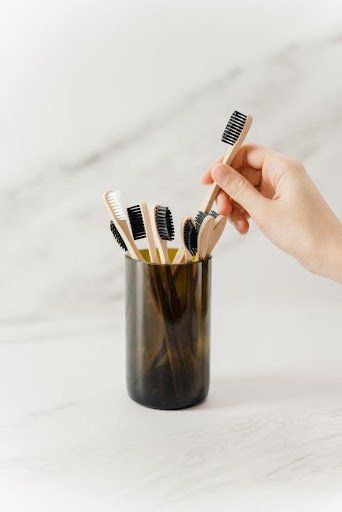
Moreover, use a Proxabrush to clean the hard-to-reach areas around your dental implants.
Post-treatment care tips
After getting dental implants, you are likely to experience some sensitivity and swelling for the next 24 hours. But this is normal. So don't panic.
Here are some aftercare tips you must follow to avoid any dental issues.
- Avoid extremely hot or cold food items like tea or soft drinks
- Apply ice packs on swollen area
- Use a lukewarm salt water mouthwash
- Consume soft foods and beverages for the first day
- Don’t rinse your mouth for the first 24 hours
- Avoid using a metal instrument to clean your mouth and teeth
In the end…
Dental implants not only give you natural-looking teeth but offer a golden opportunity to live a happier life.
So, make sure to follow all the above tips to add more years to their life.
For more information, dial 718-573-3333and consult the experienced implant dentist in Brooklyn, NY.